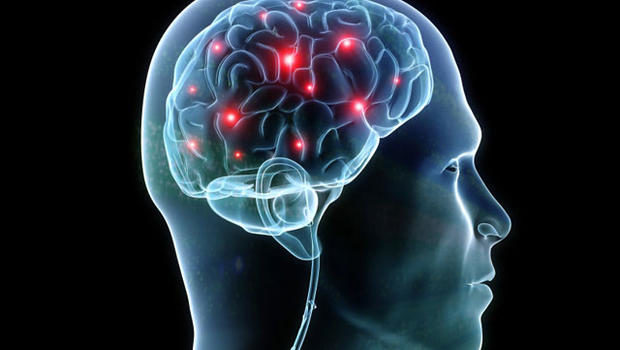One thing that human beings pride ourselves on is the concept of having free will, unlike our non-human counterparts.
For centuries, both philosophers and theologians have remained firm in their understanding that life revolves around the idea of free will. Merriam-Webster’s Learner’s Dictionary defines free will as the ability to make choices that are not controlled by fate or God.
At the heart of the free will belief is the concept of consciousness and our understanding of right and wrong. These “moral liberties” allow us to make decisions based on our understanding of what is good, rather than our own selfish desires. Without a consciousness, there would be no free will, no sense of self, and no awareness of our surroundings. To quote the great French philosopher Descartes, “I think, therefore I am.” But what if after all these years, the very premise of free will was proven false? That’s exactly what these researchers are insinuating in their latest study.
In an article published in Frontiers in Psychology, scientists David Oakley and Peter Halligan have come to the conclusion that free will and personal responsibility are nothing more than social constructs and that our own consciousness has no control over our beliefs, feelings, thoughts, or perceptions of the world around us.

Flickr / Oregon State University
The theory is said to take recent cognitive neuroscience studies and research into neuropsychological and neuropsychiatric disorders into consideration. According to the scientists, “the contents of consciousness are generated behind the scenes by fast, efficient, non-conscious systems in our brains. All this happens without any interference from our personal awareness, which sits passively in the passenger seat while these processes occur.”
To help clarify this idea, Oakley and Halligan look to Thomas Henry Huxley’s infamous train metaphor.

The scientists compare the mind and the brain to that of the steam whistle and the train engine, in that the steam whistle acts in response to the engine’s work, despite having no influence over it.In the same vein, the consciousness is a byproduct of the brain, however, it cannot control it.
Many scientists have reached the consensus that consciousness can be broken down into two elements: the sense of personal awareness and personal narrative.

When addressing the personal narrative, they are referring to the combination of thoughts, beliefs, emotions, memories, and other similar sensations. Oakley and Halligan argue, however, that the personal narrative makes up only a fraction of the sensations produced during the brain’s non-conscious functions.
The scientists do believe that consciousness serves a purpose, just not the one we once thought. Oakley and Halligan believe that our consciousness is a communication tool used to help communicate to others our own perceived experiences.

And when it comes to free will and the consciousness, Oakley and Halligan both believe that even without an active consciousness, we can still be held responsible for our actions.

As Oakley and Halligan said, “Just because consciousness has been placed in the passenger seat, does not mean we need to dispense with important everyday notions such as free will and personal responsibility. In fact, they are embedded in the workings of our non-conscious brain systems. They have a powerful purpose in society and have a deep impact on the way we understand ourselves.”
(via IFL Science)